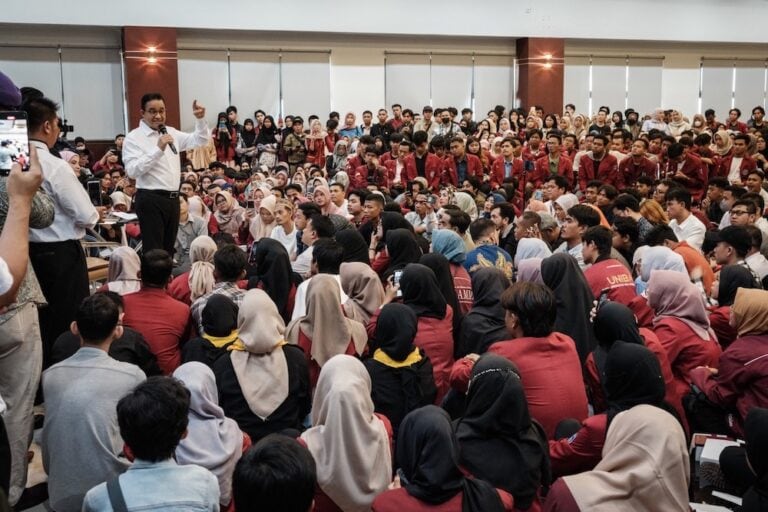The Australian police investigation aims to establish whether the journalists' murders can be prosecuted as war crimes under the Geneva Conventions.
(IFJ/IFEX) – September 09, 2009 – The International Federation of Journalists (IFJ) welcomes a decision by the Australian Federal Police (AFP) to conduct a war crimes investigation into the murder of five Australian journalists, known as the Balibo Five, during Indonesia’s invasion of East Timor in 1975.
Local media reports say the AFP investigation, which began on August 20, aims to establish whether the murders of the journalists can be prosecuted as a war crime under the Geneva Conventions.
On November 16, 2007, New South Wales Deputy State Coroner Dorrelle Pinch said, after an investigation into the deaths, that Indonesian soldiers deliberately killed the five men during Indonesia’s invasion into East Timor, then known as Portuguese Timor, on October 16, 1975.
The five men were Gary Cunningham, Brian Peters, Malcolm Rennie, Greg Shackleton and Tony Stewart.
According to Article 79 of the Additional Protocol I to the Geneva Conventions of 12 August 1949, journalists working in international conflict or war zones must be recognised and protected as non-combatant civilians.
Article 51.2 of Protocol I states: “The civilian population as such, as well as individual civilians, shall not be the object of attack. Acts or threats of violence the primary purpose of which is to spread terror among the civilian population are prohibited.”
Christopher Warren, a member of the IFJ Asia-Pacific Steering Committee and the Federal Secretary of the Australian journalists’ union, the Alliance, said the AFP’s investigation would “cast some long-overdue light on this dark period in the history of Australian journalism.”
“It is hugely important – not just for the families, friends and former colleagues of these brave men – but for Australian journalism and the historical record, that the manner and motivations behind their murders be fully investigated and, if appropriate, the perpetrators brought to justice,” Warren said.
“Too many journalists are still paying the ultimate price for risking their lives to bring us the news from dangerous regions around the world. Their deaths cannot be allowed to go unpunished.
“The international community must do whatever it can to establish a deterrent process that offers some degree of protection for reporters in war zones.”
The IFJ joins the Alliance, an IFJ affiliate, in welcoming the investigation as a step forward to ensure any armed group, military or otherwise, that attacks journalists engaged in professional missions to report on conflict and war are brought to justice.


